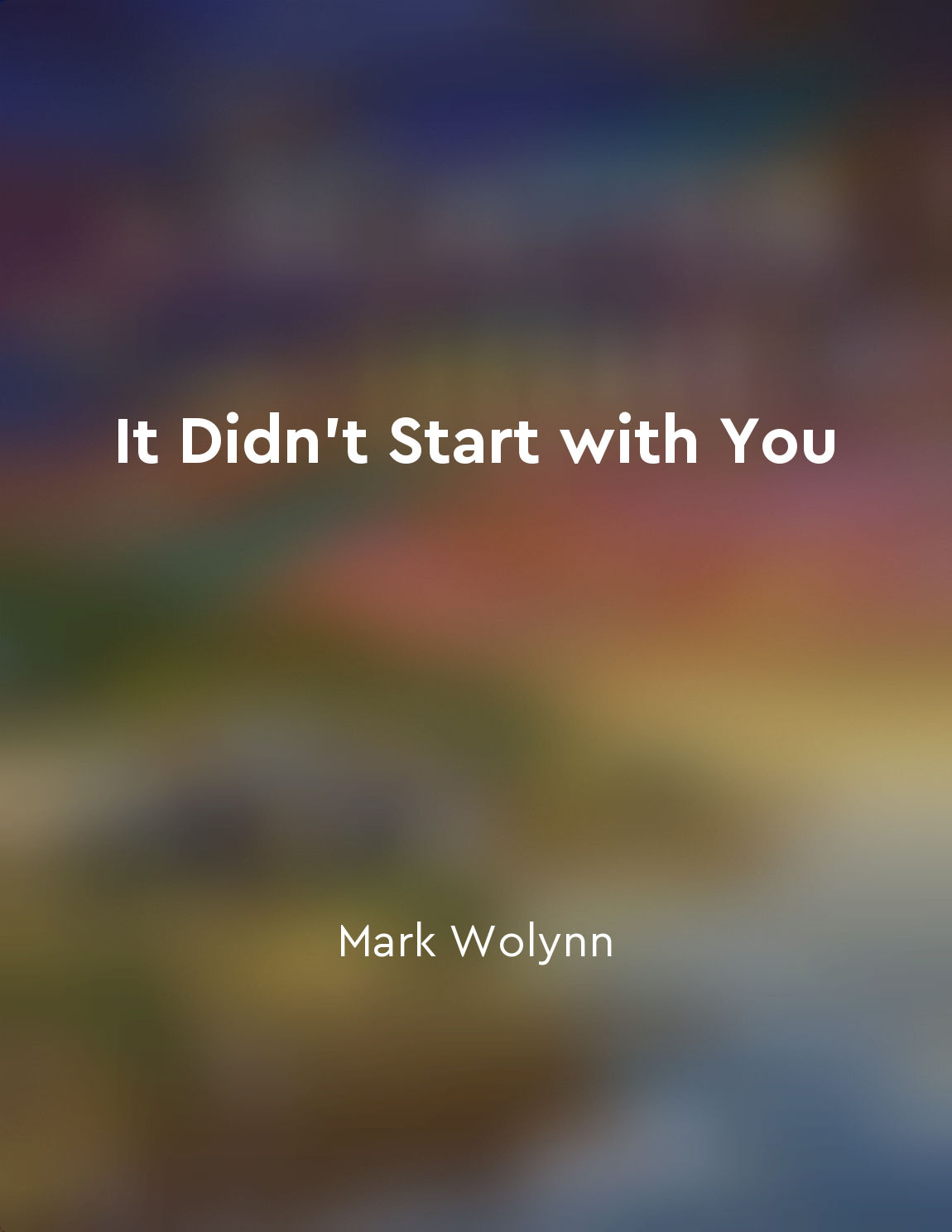Impact of the Holocaust on survivors and future generations from "summary" of The Holocaust by Laurence Rees
The Holocaust had a profound impact on the survivors who lived through the horrors of the concentration camps, ghettos, and other forms of persecution. Many survivors suffered from physical ailments and psychological trauma long after the war ended. The memories of the atrocities they witnessed haunted them for the rest of their lives, causing severe emotional distress and affecting their ability to form trusting relationships with others. For some survivors, the experience of the Holocaust led to feelings of survivor's guilt, as they struggled to come to terms with why they survived while so many others perished. They grappled with questions of fate, luck, and divine intervention, searching for meaning in their own survival. Others experienced feelings of shame and self-blame, wondering if they could have done more to help those who did not survive. The impact of the Holocaust was not limited to the survivors themselves; it also reverberated through future generations. The children and grandchildren of survivors often grew up in households marked by silence, as their parents and grandparents struggled to articulate the unspeakable horrors they had endured. This silence created a sense of disconnect and isolation, as younger generations tried to make sense of their family's history and the legacy of the Holocaust. Despite the challenges they faced, many survivors and their descendants found ways to cope with the trauma of the Holocaust and build meaningful lives. Some turned to therapy and support groups to address their emotional wounds, while others found solace in sharing their stories with others. By bearing witness to the atrocities of the Holocaust, survivors and their descendants honored the memory of those who perished and ensured that the lessons of the past would not be forgotten. The impact of the Holocaust on survivors and future generations is a complex and multifaceted phenomenon that continues to shape the lives of those touched by its legacy. By exploring the experiences of survivors and their descendants, we gain a deeper understanding of the profound and lasting effects of one of the darkest chapters in human history.Similar Posts

Time is precious, use it wisely
Time is the most precious gift we have been given. It is something we can never get back once it is gone. Every second that pas...
Life is a series of choices that shape our destiny
When we consider the concept that life is a series of choices that shape our destiny, we must recognize the profound impact tha...

Family's decision to go into hiding
It was a decision that changed our lives forever. The choice to go into hiding was not made lightly, but out of necessity. The ...
Every moment presents an opportunity for growth
In life, we are faced with countless moments - some joyful, some sorrowful, some mundane. Yet, in each of these moments, there ...
Holocaust denial and misrepresentation of history
Holocaust denial and misrepresentation of history are, in essence, attempts to distort and rewrite the events of the Holocaust....

Compassion for ancestors can lead to healing
Compassion for ancestors can lead to healing. When we can extend compassion to our ancestors, we begin to understand that their...
Lessons to be learned from the Holocaust
The Holocaust stands as one of the most tragic and horrific events in human history. It serves as a stark reminder of the depth...
Life is a journey of discovery and growth
Life is not a static state but rather a dynamic process of constantly discovering new aspects of ourselves and the world around...
